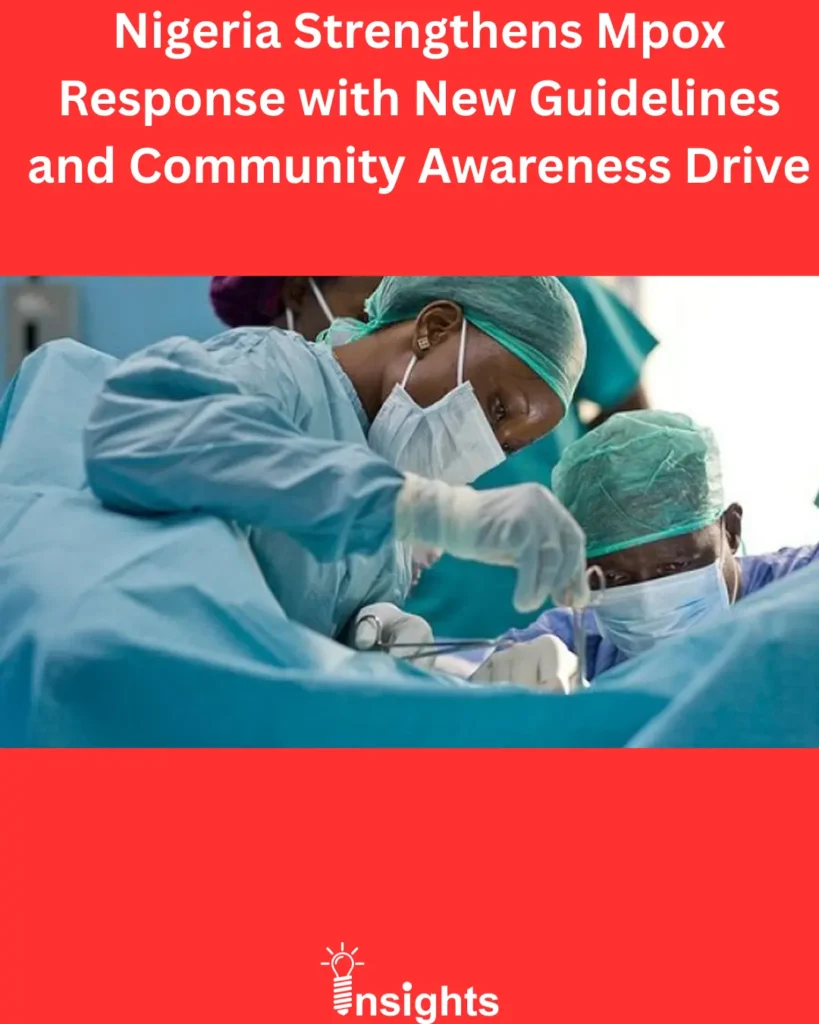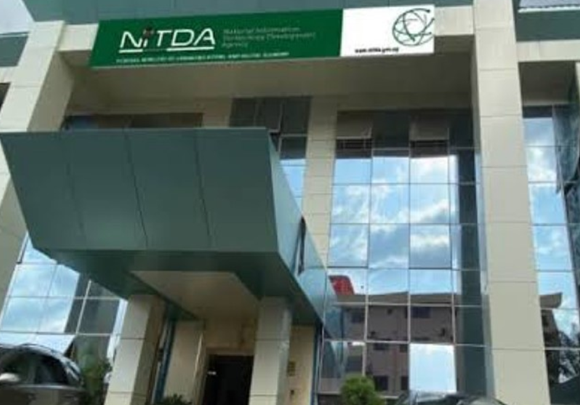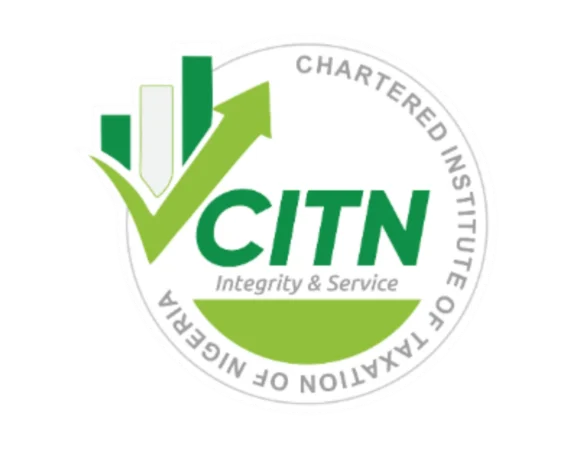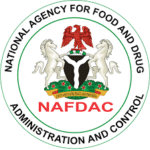Nigeria Strengthens Mpox Response with New Guidelines and Community Awareness Drive
Nigeria has taken a major step toward improving public health by updating its mpox (monkeypox) management guidelines and expanding awareness to prevent community transmission. This action, led by the Nigeria Centre for Disease Control and Prevention (NCDC) in partnership with the World Health Organisation (WHO) and supported by the World Bank, aims to ensure that every Nigerian receives safe, timely, and effective care.
As of October 2025, Nigeria recorded 389 confirmed cases and six deaths across 35 states and the FCT. The new response framework focuses on early detection, better data reporting, and improved access to home-based care, reducing both the financial burden and hospital overcrowding.
What Nigerians Should Know and Do
The reviewed mpox guidelines introduce Nigeria’s first-ever national home-based care protocol, allowing mild cases to be managed safely at home under medical supervision. This approach is beneficial for families by cutting treatment costs and preventing unnecessary hospital stays.
Health workers and community volunteers are now being trained to detect symptoms early, make quick referrals, and use digital reporting tools for faster case tracking.
Nigerians can also benefit through community awareness programs now ongoing in 15 high-risk states. These include market sensitizations, radio broadcasts, and house-to-house visits that educate people on:
Recognizing mpox symptoms (fever, rash, swollen glands)
Maintaining hygiene and avoiding contact with infected persons or animals
Seeking immediate medical help when symptoms appear
“By strengthening community awareness and home-based care, we can reduce mpox transmission and save more lives,” said Dr. Odianosen Ehiakhamen of NCDC.
Why It Matters?
These changes show that Nigeria is taking health preparedness seriously. Better guidelines mean health workers are safer, responses are faster, and citizens are more informed. The public’s role is vital — staying alert, reporting suspected cases, and following preventive advice.
Nigeria’s new mpox framework is not just about managing a disease; it’s about empowering citizens to protect their health. With stronger collaboration among health authorities, WHO, and communities, Nigeria is building a more resilient health system — one that leaves no one behind.











